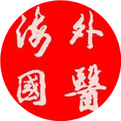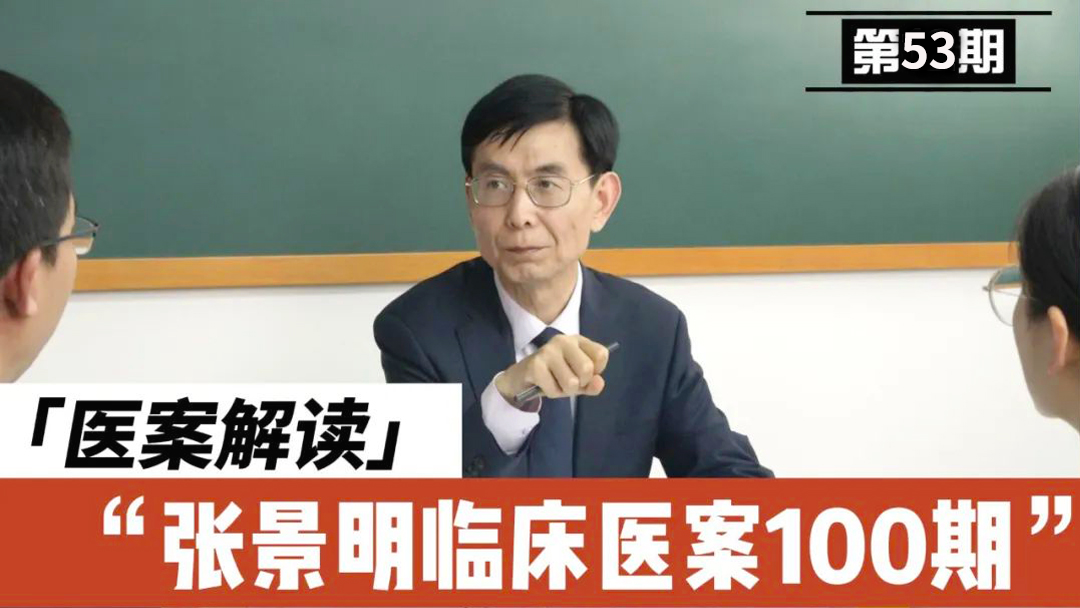
Today, let’s discuss symptoms that often arise from excessive fatigue—palpitations and shortness of breath. These terms are likely familiar to some, perhaps even personally experienced.
Ms. Guo developed palpitations and shortness of breath after caring for an elderly patient in the hospital for three months without rest. Her electrocardiogram showed no issues, and the dynamic ECG was also normal, but medication provided little relief. She frequently experienced dizziness, insomnia, abdominal bloating, loss of appetite, and overall weakness.
With elderly family members above and young children below, she worried, “What will happen to the family if I collapse?” 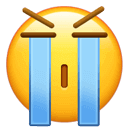 Ms. Guo was anxious and distressed. A good friend, noticing her poor complexion, suggested, “Let me recommend a good doctor.”
Ms. Guo was anxious and distressed. A good friend, noticing her poor complexion, suggested, “Let me recommend a good doctor.”
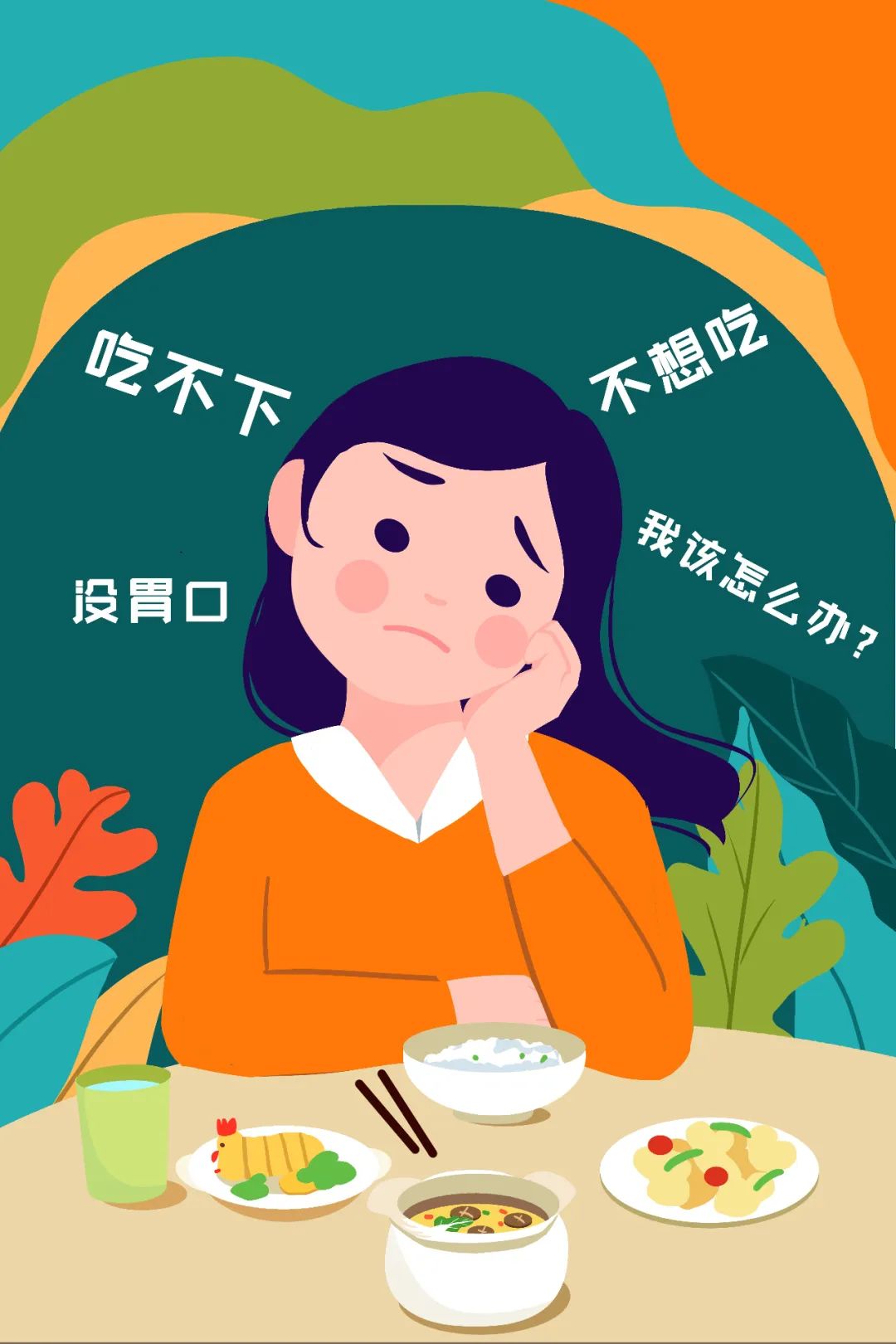
Thus, Ms. Guo visited Professor Zhang’s clinic for treatment. Professor Zhang prescribed a classic formula to tonify the heart and spleen, which showed immediate results. Traditional Chinese Medicine (TCM) is not slow; when the right medicine is used, the effect is remarkable.
How can one, like Professor Zhang, master the application of formulas? Let’s learn valuable experiences in nourishing Qi and blood and maintaining health from this case study.
01 Those with elderly and young dependents are prone to exhausting their Qi and bloodClinical CaseStudyMs. Guo, female, 32 years old, first diagnosed on April 7, 2023.
Those with elderly and young dependents are prone to exhausting their Qi and bloodClinical CaseStudyMs. Guo, female, 32 years old, first diagnosed on April 7, 2023.
[Chief Complaint] Palpitations and shortness of breath for over three months, significantly worsening during menstruation.
[Medical History]
Generally weak constitution; three months ago, after excessively caring for an elderly patient in the hospital, she developed palpitations and shortness of breath. ECG and dynamic ECG were normal (-), and medications like Renmai granules and Coenzyme Q10 were ineffective. She intermittently took Chinese medicine with moderate results.
[Current Condition]
Palpitations and shortness of breath, accompanied by dizziness, insomnia, fatigue, abdominal bloating, poor appetite, and loose stools. Pale yellow complexion; menstrual cycle normal, but menstruation has significantly prolonged by about 10 days, with increased volume and light color; tongue pale with a thick white coating, pulse thin and weak.
— Clinical Case by Professor Zhang Jingming —
Let’s first look at the chief complaint—“palpitations and shortness of breath for over three months, significantly worsening during menstruation”.
Professor Zhang emphasizes that the chief complaint is the most important symptom for the patient and a primary basis for diagnosing the disease. The nature of the disease and its origin can be inferred from the chief complaint.
What do we call palpitations and shortness of breath in TCM? It is termed Xin Ji (心悸) (palpitations).
Once the diagnosis is clear, what should we do? Differentiate the syndrome.
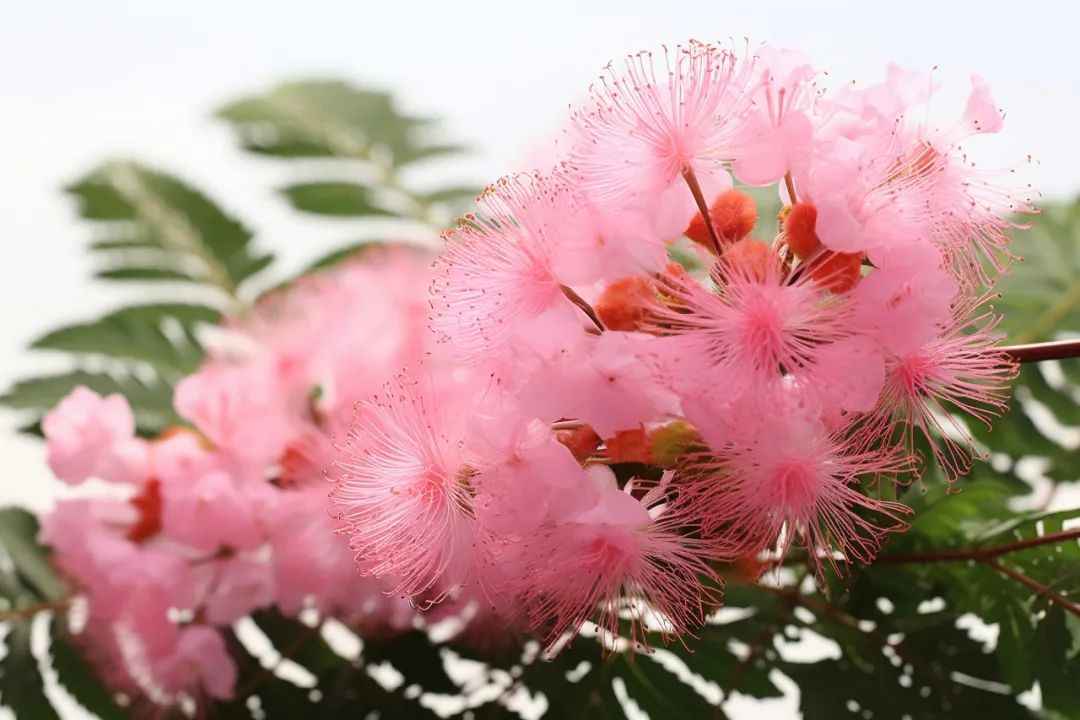
02 How to accurately differentiate syndromes and find the root of the problem?
How to accurately differentiate syndromes and find the root of the problem?
What syndromes can cause “palpitations and shortness of breath”?
Those who participated in the discussion of “Ming Shi’s Clinical Cases” should be familiar with this question. This is a post-class assignment left by Professor Zhang.
What is the purpose of this assignment?
Many have attended syndrome differentiation classes and workshops, but when faced with a problem, they may not remember what to do. Quickly refer to textbooks, video lectures, or your notes.
What are you looking for? The symptoms of palpitations and shortness of breath and the corresponding TCM syndromes. In the process of searching for answers, you will also review the knowledge points you have learned, reinforcing your TCM foundation—how wonderful!

Reviewing the old to learn the new, Professor Zhang’s thoughtful approach 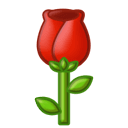 do you understand now?
do you understand now?
Every time Professor Zhang guides the analysis of clinical cases, he helps you gradually transition from theory to practice. Those who study diligently must feel this deeply.
Next, let’s follow Professor Zhang’s lead and see how to analyze this clinical case.
When does the patient’s palpitations and shortness of breath worsen? It worsens with the onset of menstruation.
Why? Because of menstrual blood loss. Women rely on blood for their constitution; the patient’s constitution is already weak, and during menstruation, a significant amount of blood is expelled, leading to further blood deficiency, thus exacerbating the symptoms.
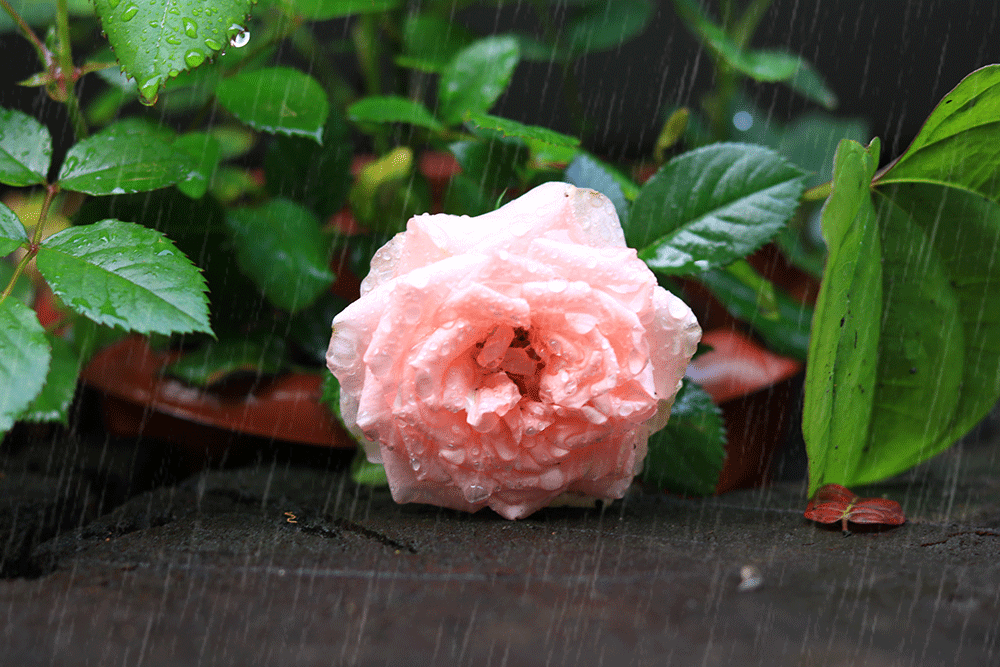
From another perspective, if the entire body is blood deficient, is there enough blood to nourish the heart? No.
As the saying goes, “With grain in hand, one is not anxious.” Now, with insufficient heart blood, the heart is restless, and to preserve life, it immediately signals palpitations and shortness of breath to remind you to replenish the blood quickly.
Students who love to learn might ask, “Why, despite having palpitations and shortness of breath, did the ECG and dynamic ECG show no issues?”
Because at this time, the heart is merely in a state of functional disorder, not yet reaching the stage of organic disease, hence no issues are detected.
Moreover, with insufficient heart blood, the heart spirit also lacks nourishment, leading to insomnia.
03 The complexion reflects the state of Qi and blood within
The complexion reflects the state of Qi and blood within
Everyone knows that TCM places great importance on observation, and observing the complexion is a crucial part of this.
The color of the face can reflect the abundance or deficiency of heart blood and Qi, as well as their functional strength; hence the ancients said, “The heart’s essence is reflected in the face.”
If a person has a rosy and radiant complexion, it indicates that their heart Qi is vigorous and blood vessels are full.If a person’s complexion is pale and white, it indicates that their heart Qi is definitely insufficient.
If a person’s complexion is lusterless, it indicates that their heart blood is deficient.
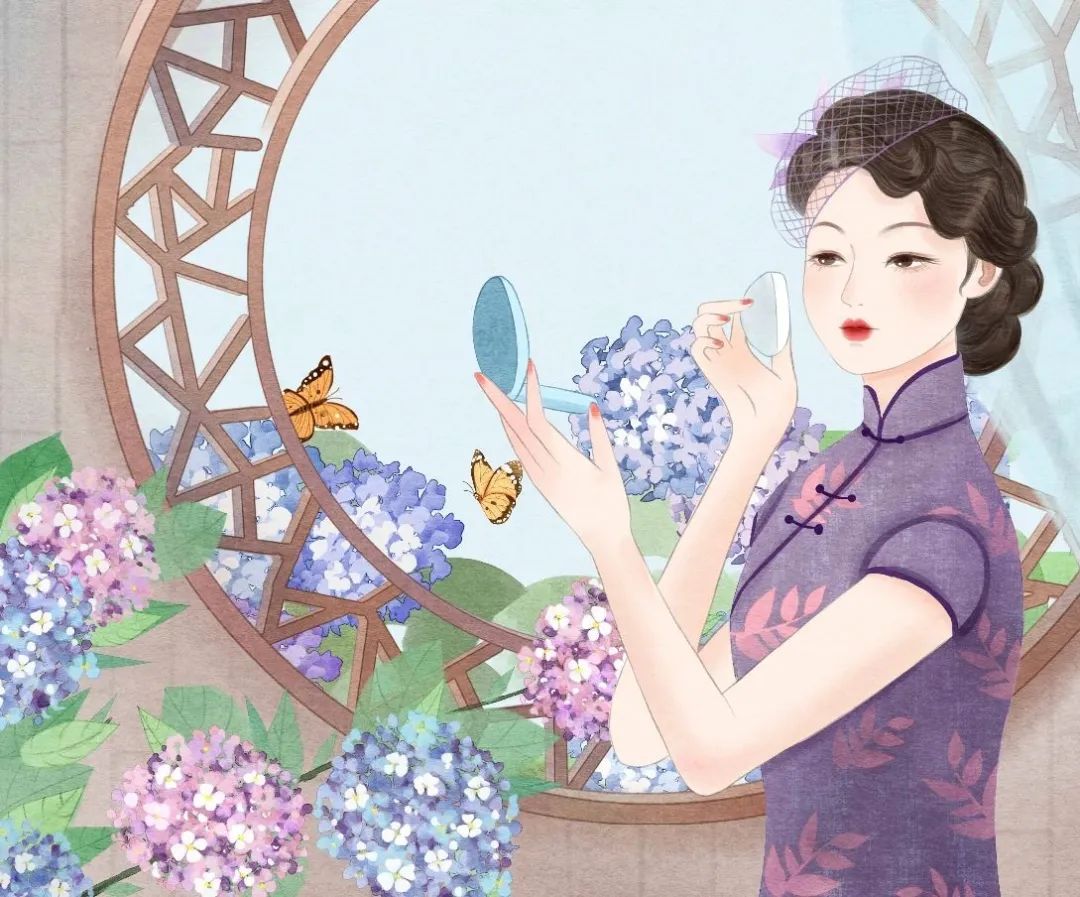
As for the patient’s complexion—pale yellow—what does it indicate? A pale yellow and dull complexion, with a thin appearance.
Insufficient heart blood fails to nourish the face, resulting in a pale yellow complexion and susceptibility to dizziness.
04 Excessive labor in caring for the elderly leads to illness
Excessive labor in caring for the elderly leads to illness
The patient’s constitution is already weak, and after caring for an elderly family member in the hospital, she was excessively worried and stressed, which easily injures the spleen.
With a weak spleen, its transport and transformation functions are affected, leading to gastric issues.
TCM believes that the spleen should ascend for health, and the stomach should descend for harmony. Now, the spleen and stomach’s ascending and descending functions are disordered. If the stomach Qi fails to descend, it leads to abdominal bloating and poor appetite; if the spleen Qi fails to ascend, it leads to loose stools and diarrhea.

The spleen is the source of Qi and blood production, and it governs the muscles and limbs. If the spleen is deficient, the production of Qi and blood is insufficient, leading to fatigue and weakness.
Qi governs blood; blood follows Qi. As the source of Qi and blood production, a strong spleen ensures abundant Qi and blood; when Qi is vigorous, its consolidating function is strong, preventing blood from leaking out of the vessels.
Conversely, if the spleen’s transport function declines, the source of production is insufficient, leading to Qi and blood deficiency, where Qi cannot govern effectively, and blood escapes from the vessels, resulting in bleeding.
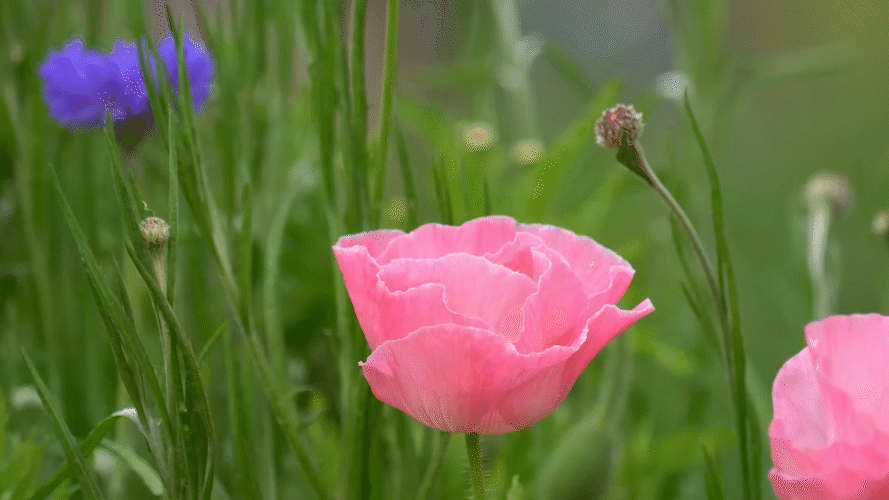
After three months of caring for the elderly patient, the patient experienced a significant prolongation of her menstrual period, lasting about 10 days, with increased volume and a light red color.
This is a typical manifestation of menstrual issues due to the spleen’s inability to govern blood.
Now, let’s examine the patient’s tongue and pulse: a pale, swollen tongue with a thin white coating and a thin weak pulse, which are typical signs of Qi and blood deficiency.
05 How to distinguish the main and secondary contradictions of the problem?
How to distinguish the main and secondary contradictions of the problem?
At this point, you understand the patient’s condition, right? Her body was already weak, and due to the stress of caring for the elderly, she depleted her heart blood and overthought, which injured her spleen, leading to spleen Qi deficiency and resulting in illness.
In syndrome differentiation, we must grasp the main contradiction. What is the main issue of this illness? Heart blood deficiency.
However, in treatment, we strive to address both the main and secondary issues. What is the secondary contradiction? Spleen Qi deficiency.

It is essential to distinguish the main and secondary relationships to know where to focus your efforts, allowing for effective treatment.
With Qi and blood deficiency and insufficient production, we must replenish Qi and blood at the source. The patient’s primary discomfort is palpitations, shortness of breath, and insomnia; thus, we need to calm the heart and settle the spirit.
Therefore, the treatment principle is to tonify Qi and nourish blood, calm the heart and settle the spirit.

06 Prescribe the classic formula Gui Pi Tang for a guaranteed victory
Prescribe the classic formula Gui Pi Tang for a guaranteed victory
Who is sent to battle? Gui Pi Tang (归脾汤) (Return the Spleen Decoction).
In “Understanding Formulas,” Professor Zhang specifically emphasized that Gui Pi Tang has two indications; do you remember them?
One is for Qi and blood deficiency due to heart and spleen deficiency, and the other is for spleen not governing blood leading to excessive menstrual flow.
Does this not perfectly match the patient’s condition? Using Gui Pi Tang is definitely correct. What specific adjustments should be made in the prescription?
Professor Zhang’s Prescription
Dang Shen (党参) 12g, Zhi Huang Qi (炙黄芪) 30g, Chao Bai Zhu (炒白术) 10g, Zhi Gan Cao (炙甘草) 6g
Dang Gui (当归) 12g, Suan Zao Ren (酸枣仁) 10g, Fu Shen (茯神) 15g, Chen Pi (陈皮) 10g Chao Shan Zha (炒山楂) 15g, Chao Mai Ya (炒麦芽) 15g, Chao Shen Qu (炒神曲) 15g, Ji Nei Jin (鸡内金) 10g
Ginger (生姜) 3 slices, Da Zao (大枣) 5 pieces
3 doses, decocted in water for oral administration.
First, send the vanguard into battle, Dang Shen, Zhi Huang Qi, Chao Bai Zhu, Zhi Gan Cao—these four herbs strengthen the spleen and tonify Qi, supporting the healthy operation of the source of Qi and blood production, continuously generating more Qi and blood.
However, restoring spleen Qi also takes time; the patient currently has a severe blood deficiency issue, so we must quickly send in blood tonifying herbs, right? Thus, Professor Zhang included Dang Gui to nourish and tonify blood.
Next, send in a calming team, Suan Zao Ren, Fu Shen to calm the heart and settle the spirit, addressing the sleep issues. Good sleep aids in faster body recovery.
Finally, send Ginger, Da Zao to harmonize the spleen and stomach.

Professor Zhang’s blackboard notes on Gui Pi Tang
In the original formula of Gui Pi Tang, there are also Longan Flesh (龙眼肉) and Yuan Zhi (远志) for calming the heart and settling the spirit, but these two herbs are relatively expensive. To save costs for the patient, Professor Zhang omitted them. He said, “If we can save a dime without compromising efficacy, we should.”
At the same time, Professor Zhang added a few more herbs. Which ones?
First, Chen Pi is added to regulate the Qi stagnation of the spleen and stomach, resolving the issues of abnormal ascending and descending functions, leading to abdominal bloating above and diarrhea below.

Then, add Chao San Xian (Chao Shan Zha, Chao Mai Ya, Chao Shen Qu), Ji Nei Jin, to strengthen the spleen and assist in transportation, preventing the excessive tonifying herbs from causing dampness and hindering absorption.
After two weeks of medication, the patient’s palpitations significantly improved, and her sleep also improved. She returned to Professor Zhang for more medication to consolidate the results.
This is Professor Zhang’s clinical case using Gui Pi Tang. Is clinical practice not as difficult as you imagined?
Without accumulating small steps, one cannot reach a thousand miles; without gathering small streams, one cannot form a river or sea.

Under the guidance of a wise teacher, practicing in real situations can enhance your clinical thinking abilities. Learning TCM may seem challenging at first, but it allows you to connect the foundational theories, diagnostics, herbs, and formulas you have learned, and facing clinical challenges repeatedly will make you more adept.
Keep going, dedicated practitioners of TCM!
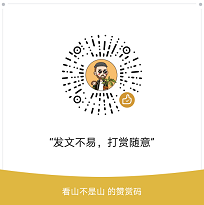
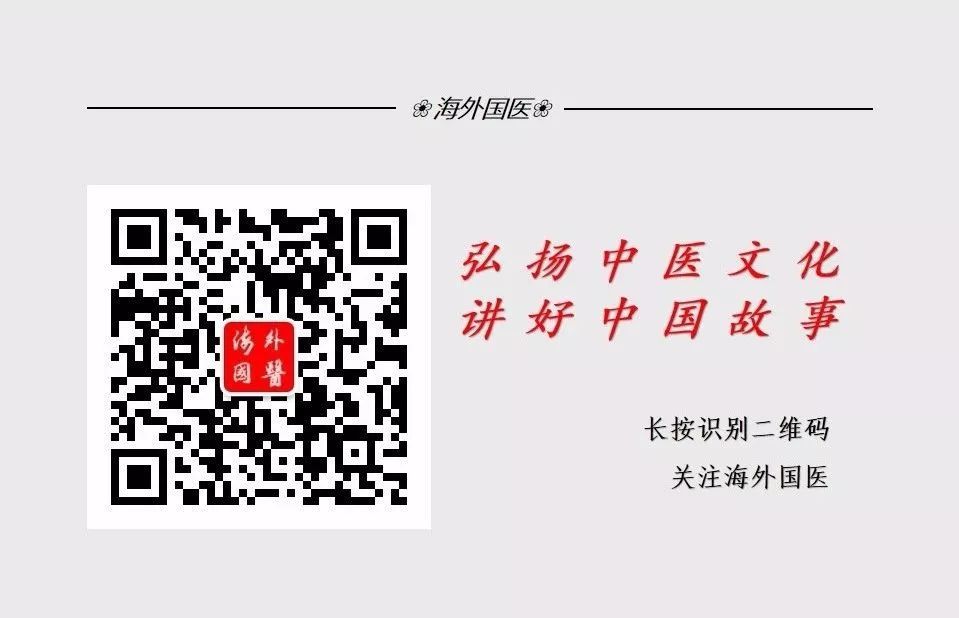
Click “Read the Original”↙ to see more exciting content


